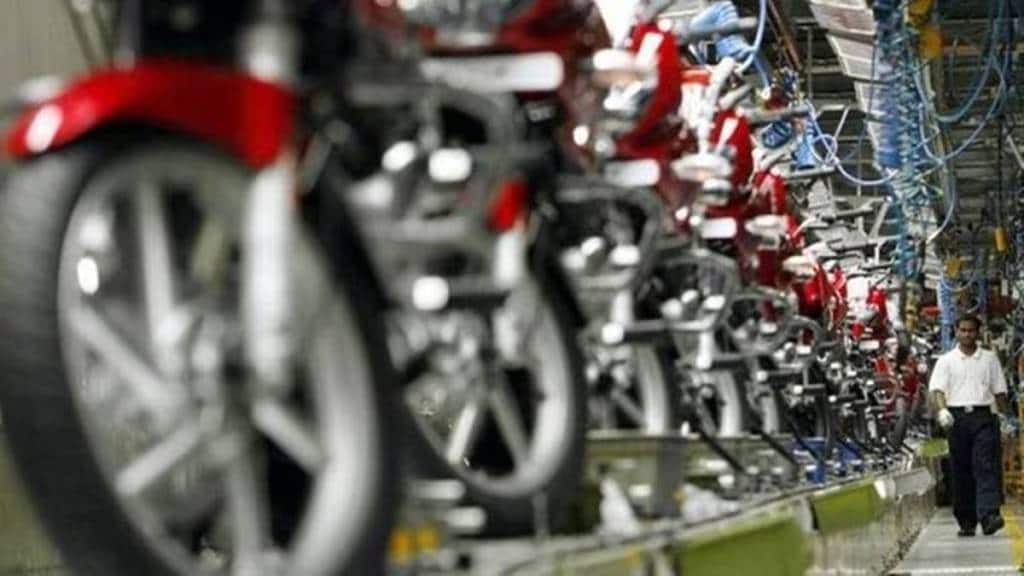Two-wheeler manufacturers have urged the Centre to defer the upcoming regulation mandating Anti-lock Braking Systems (ABS) on all new two-wheelers, irrespective of engine capacity, from January 1, 2026. In a meeting held earlier this month, the industry argued that the move could erode the gains made following the Goods and Services Tax (GST) reduction and potentially lead to a decline in demand.
Hero MotoCorp and HMSI have urged the govt to reconsider rules
Leading players like Hero MotoCorp and Honda Motorcycle and Scooter India (HMSI) have approached the Ministry of Road Transport and Highways (MoRTH), citing global precedents where similar rules do not apply to smaller-engine two-wheelers.
According to sources, Honda has presented the Japanese model as a benchmark, where ABS is mandatory only for motorcycles above 125cc, while bikes below that threshold are allowed to use Combined Braking System (CBS) instead.
“When countries like Japan haven’t made ABS mandatory for bikes below 125cc, why should it be enforced in India? This move could reverse the gains the industry has achieved following the GST cuts,” said a senior executive at a leading two-wheeler company.
The MoRTH is likely to take a decision on the industry’s request for an extension by the end of this month, a source said.
The MoRTH’s latest directive, which mandates ABS for all new two-wheelers regardless of engine size, aims to improve road safety by preventing wheel lock and skidding during sudden braking, thereby reducing accidental deaths. However, the industry argues that the move could adversely impact the sector, as nearly 85% of the market consists of bikes under 125cc.
Manufacturers say CBS provide adequate braking for entry-level bikes
Manufacturers argue that entry-level bikes already come equipped with CBS, which they say offers sufficient braking performance for their typical use cases, mainly commuting in urban, rural, and semi-urban areas.
The cost impact is a major concern, with manufacturers claiming that ABS could increase vehicle prices by up to ₹6,000, potentially derailing the recent growth momentum seen post-GST rate cuts. The price hike could hit rural consumers the hardest, many of whom rely on basic two-wheelers for daily commutes and livelihoods.
According to industry estimates, Hero MotoCorp stands to be most affected, with a staggering 99% of its domestic volumes coming from the sub-125cc segment. Honda follows with 89%, while TVS Motor Company and Bajaj Auto are at 86% and 72%, respectively.
However, the government believes that this could lead to reduction of casualties due to road accidents. In 2023, there were 79,533 fatalities in two-wheeler accidents in India, accounting for 45.8% of the total road accident deaths that year, according to the National Crime Records Bureau (NCRB).
